If you leave Cambridge and go south-west for about an hour and a half, you get to Heathrow airport. From there you can head westwards to a strange place where they speak a kind of English – quite a reasonable kind of English – but it’s a bit different, particularly in its spelling, from what most Englishmen would find familiar.
I’m referring, of course, to Oxford.
Now, I’m generally a big fan of the Oxford English Dictionary, but I was shocked – shocked, I tell you – to discover recently that they spell ‘organize’ with a ‘z’. And organization. And realize and realization. And so forth. I immediately assumed I was looking at a modern global edition which had sold out to the American market, but no, my elderly Shorter OED on the shelves at home has the same failing. It does offer the -ise variants as an option, but the primary spelling is with a ‘z’.
Now, I know that across the pond, those nice Americans have their own spellings, but surely no well-educated native Englishman in recent centuries would spell ‘organisation’ with a ‘z’. My father simply didn’t believe it until I showed him. Yet this is something on which the OED has apparently taken a line, to the extent that there’s a wikipedia page about Oxford Spelling for surprised people like me. The page admits:
Oxford spelling is not necessarily followed by the staff of the University of Oxford. In 2011, 2012 and 2013, the university website recommended the use of “ise” for its public-relations material.
The argument put forward in favour of Oxford spelling is that -ize corresponds more closely to the Greek -izo, which is the root of most -ize verbs. (Unlike, say the French/Latin origins of words like ‘surprise’.)
This may make academic sense, and indeed, many academic publishers have adopted it including, I’m embarrassed to say, Cambridge University Press. It seems to be favoured particularly for those publications with a more international audience. Even The Times used it for a while before reverting to the natural way of things.
So, lest anyone outside these shores be confused… yes, the OED is normally the gold standard for British English, and those Oxford chaps generally know what they’re talking about. I even agree with them about the comma. But this, surely, is a step too far in the direction of prescription over description.
The clever men at Oxford
Know all that there is to be knowed.
But they none of them know one half as much
As intelligent Mr. Toad!
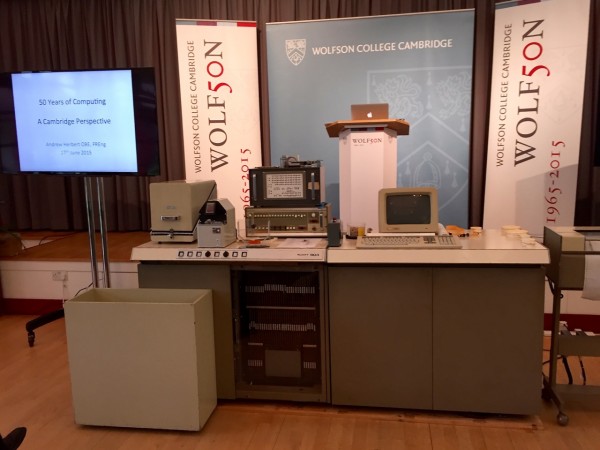
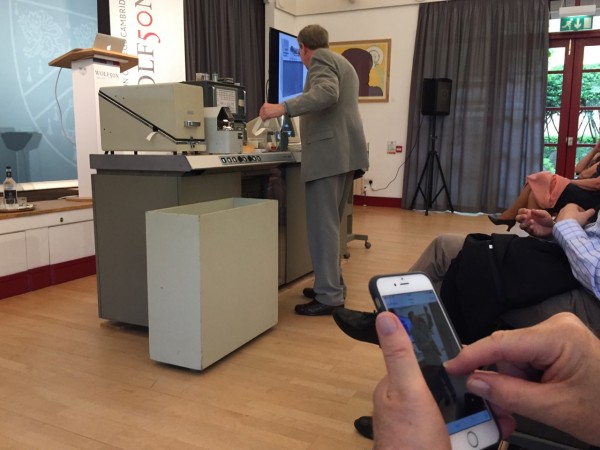
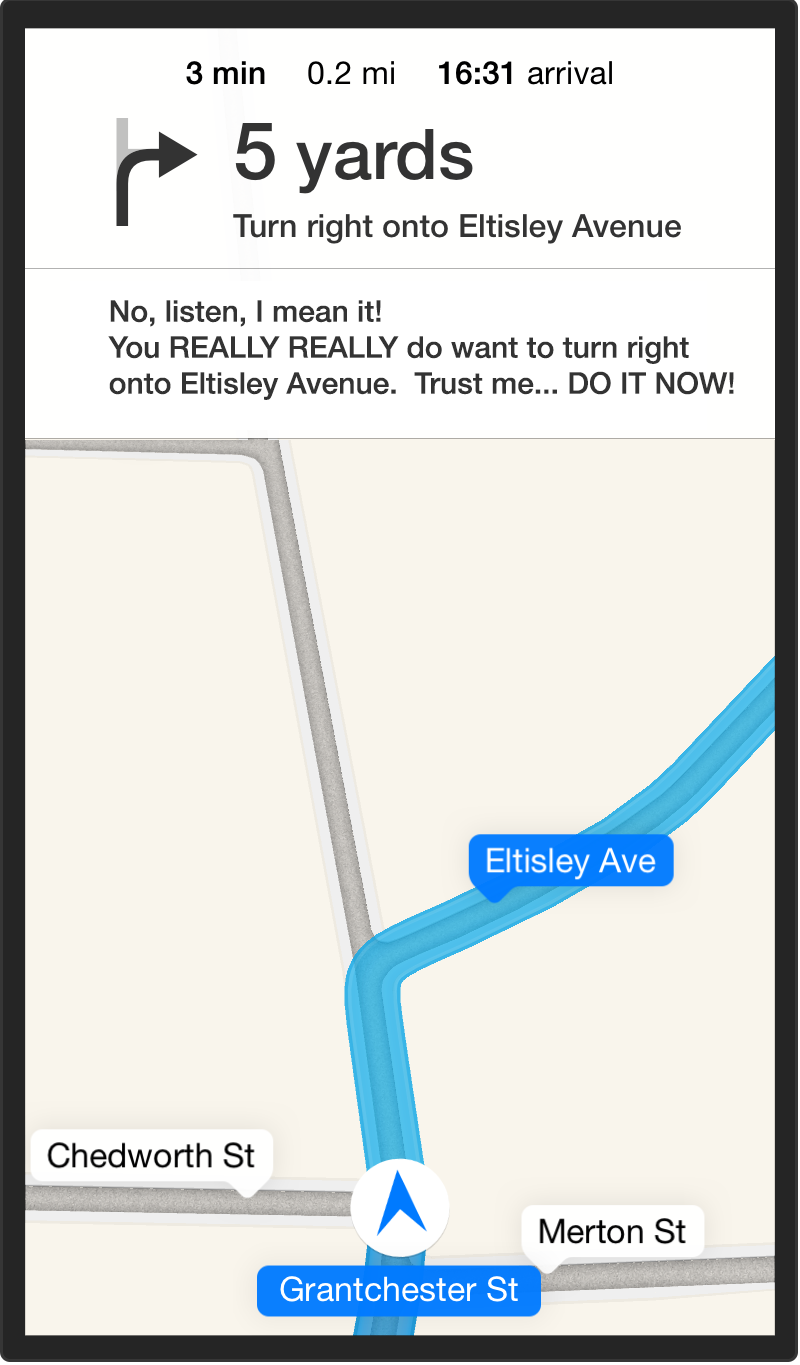

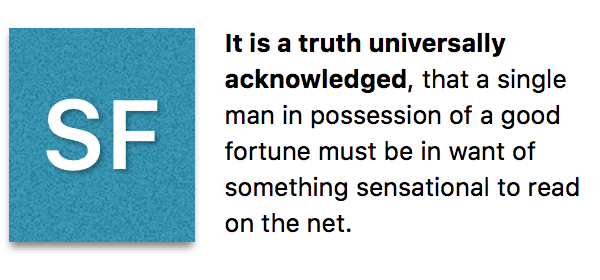
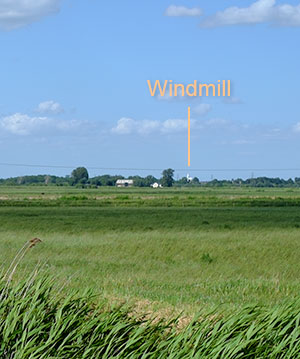





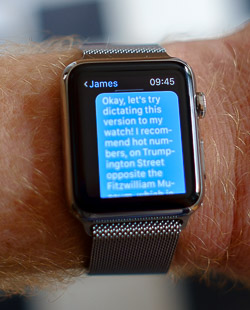 This morning I composed a longish message to my nephew, James, by dictating to my watch – a procedure that worked beautifully. There then followed a brief discussion on the quality of speech recognition. I turned to my Mac – because, of course, iMessage conversations are synchronised across all devices – and I continued dictating. “It’s good in a quiet location with a good network connection!”
This morning I composed a longish message to my nephew, James, by dictating to my watch – a procedure that worked beautifully. There then followed a brief discussion on the quality of speech recognition. I turned to my Mac – because, of course, iMessage conversations are synchronised across all devices – and I continued dictating. “It’s good in a quiet location with a good network connection!”
Recent Comments